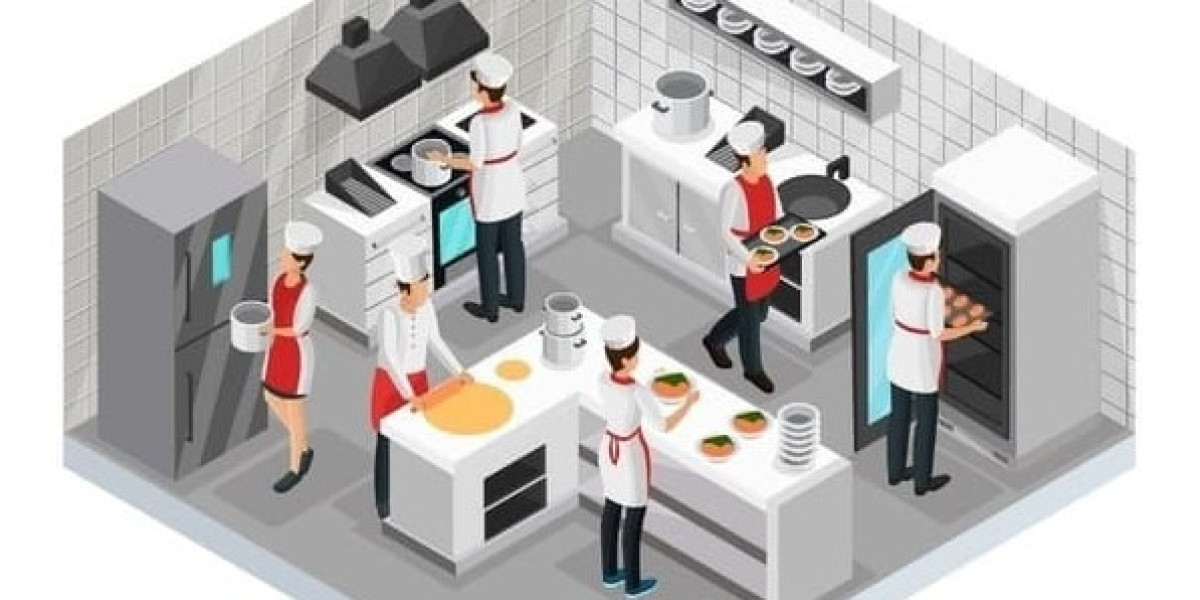Digital landscape, organizations often grapple with the challenge of legacy applications—once robust systems that now struggle to keep pace with the dynamic demands of modern business. The solution to this conundrum is found in the strategic initiative known as application modernization. This deliberate effort aims to rejuvenate and revitalize legacy applications, unlocking enhanced functionality, performance, scalability, and maintainability. Moreover, it ensures the seamless alignment of applications with current business needs and technological advancements.
The Imperative of Application Modernization:
Enhancing Functionality, Performance, Scalability, and Maintainability:
At its core, application modernization is a holistic approach aimed at breathing new life into aging applications. The goals are clear: to enhance functionality, elevate performance standards, achieve scalability, and ensure the maintainability of applications. Legacy systems, burdened by outdated architectures, often hinder progress. Modernization becomes the catalyst for overcoming these challenges, ensuring that applications not only meet current standards but also position the organization for future growth.
Common Reasons for Application Modernization:
- Enhance Scalability: In the digital era, the ability to scale is paramount. Legacy applications, built on rigid architectures, often struggle to accommodate the ever-growing demands of users and data. Application modernization introduces scalable solutions, leveraging cloud technologies and microservices, ensuring that systems can seamlessly expand to meet evolving business needs.
- Improve Performance: Outdated technologies and cumbersome architectures can result in sluggish performance, negatively impacting user experience and overall productivity. Modernization involves revamping coding practices, optimizing algorithms, and leveraging cutting-edge infrastructure to significantly improve application performance, making them more responsive and efficient.
- Increase Flexibility and Agility: Business landscapes are dynamic, and organizations need the agility to adapt swiftly to change. Legacy applications, often monolithic, lack the flexibility required for rapid adaptation. Modernization introduces modular architectures, empowering organizations to respond promptly to shifting market conditions and technological trends and fostering a culture of agility and innovation.
- Enhance User Experience: In an age where user experience is a competitive differentiator, modernization prioritizes the user interface and overall interaction. This involves redesigning interfaces, improving navigation, and adopting contemporary design principles to deliver a seamless and engaging user experience that meets or exceeds modern expectations.
Speak with Our Support Team: https://devopsenabler.com/contact-us
- Optimize Costs: Maintaining and supporting legacy applications can be resource-intensive. Modernization is not only about technological advancement but also about optimizing costs. It streamlines operations, reduces maintenance expenses, and allows organizations to allocate resources judiciously, resulting in a more cost-effective and efficient IT infrastructure.
- Enable Integration and Interoperability: Legacy applications often operate in isolation, leading to data silos and fragmented workflows. Modernization facilitates seamless integration with other systems, fostering interoperability and creating a connected technology ecosystem. This interconnectedness streamlines processes, improves collaboration, and enhances overall operational efficiency.
- Address Security and Compliance: Security threats evolve, and legacy applications may lack the robust security measures needed to withstand modern cyber threats. Modernization incorporates up-to-date security features, ensuring compliance with industry regulations, and safeguarding sensitive data against potential breaches.
- Futureproofing: Technology is ever-evolving, and organizations must future-proof their applications to remain relevant. Modernization involves adopting emerging technologies and development practices, ensuring that applications can adapt to changing trends and advancements and protecting the organization's investment in the long term.
- Legacy System Replacement: In some instances, the most effective approach is to replace a legacy system entirely. This strategic decision provides organizations with a clean slate, unencumbered by the limitations of outdated infrastructure, enabling them to embrace the latest technologies without compromise.
- Business Transformation: Application modernization is not just a technical overhaul; it's a catalyst for broader business transformation. By aligning technology with strategic goals, modernization fosters innovation, improves operational efficiency, and positions the organization to thrive in the digital era.
Tailoring the Modernization Approach:
It's crucial to acknowledge that there is no one-size-fits-all solution when it comes to application modernization. Each organization has its unique circumstances, industry-specific challenges, and objectives. DevOps Enabler & Co. understands this reality, emphasizing that "One Size Does Not Fit All." Collaboration with clients is integral to understanding their specific requirements, ensuring that the modernization approach is tailored to meet their distinct needs and aspirations.
Application modernization is not merely a technical project; it's a strategic imperative for organizations aiming to stay competitive and relevant. By addressing key challenges and leveraging the benefits of enhanced functionality, performance, scalability, and maintainability, businesses can embark on a transformative journey that revitalizes their digital landscape. At DevOps Enabler & Co., the commitment to recognizing the uniqueness of each organization's journey is paramount. Working hand-in-hand with clients, the goal is not just to modernize applications but to pave the way for sustained success and growth in the digital age.
Contact Information:
- Phone: 080-28473200 / +91 8880 38 18 58
- Email: sales@devopsenabler.com
- Address: #100, Varanasi Main Road, Bangalore 560036.















